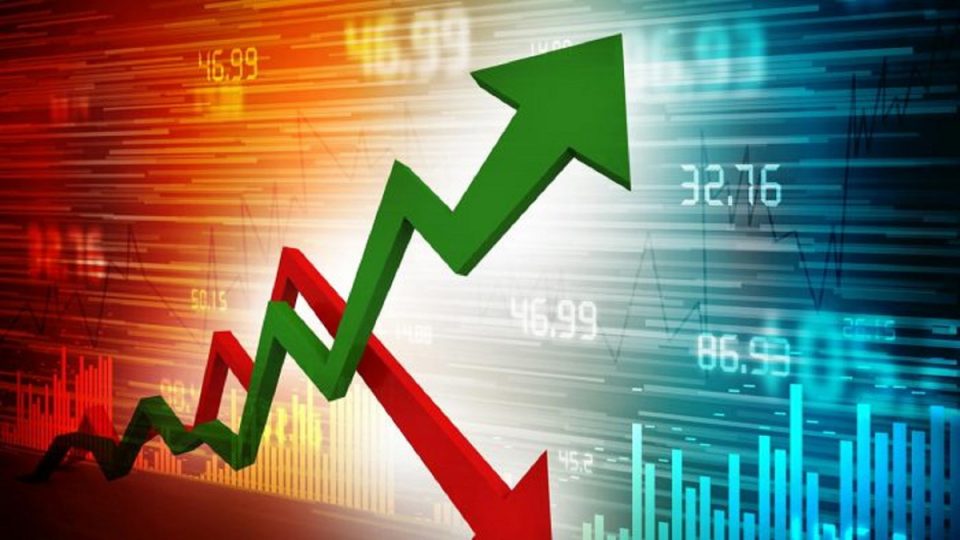Nigerians are to remain or more time under the pressure of soaring prices and declining household savings as monetary and fiscal dislocations have continued to drive inflationary trend to higher levels.
Ahead of the release of the latest inflation rate by the National Bureau of Statistics (NBS), independent surveys and forecasts polled yesterday showed that the spiraling inflationary trend remained on the upswing.
Economic and finance research firms and analysts that had previously correctly predicted the inflation trend were unanimous yesterday that inflation rate would rise for the tenth consecutive time, when the NBS makes its announcement tomorrow.
Analysts differed on the degree of increase, analysts’ consensus was definite on further increase in inflation rate, with predictions ranging between increases of 20 to 30 basis points
Inflation rate had risen successively from 20.52 per cent in August 2022 to 20.77 per cent in September and further to 21.09 per cent in October 2022.
It was 15.99 per cent in October 2021. Analysts’ projections estimated inflation rate was hovering around 21.30 per cent in November.
The NBS is scheduled to formally announce the November 2022 inflation rate on Thursday, December 15.
Major inflation drivers, according to analysts, remained largely foreign exchange (forex) depreciation, supply shortages and logistics constraints.
Financial Derivatives Company (FDC) stated that its independent market survey and econometric model indicated a possible increase in inflation rate to 21.35 per cent in November 2022.
“Inflationary pressures in the country have remained elevated largely due to the exchange rate pass-through effect,” FDC stated.
The naira’s exchange rate at the parallel market averaged N795.95 per dollar in November, a 5.59 per cent depreciation from N751.47 per dollar in October.
Analysts at FSDH Group stated that prices will remain elevated in 2023 as “challenges associated with low productivity, congested ports, impact of the floods, foreign exchange scarcity and depreciation and limited power supply are not abating anytime soon”.
“These factors, coupled with the hike in fuel prices in late 2022, will trigger inflation in 2023,” FSDH stated.
Analysts said the full effect of the current fuel scarcity would further nudge the inflationary trend in December.
“Nigeria’s inflation rate is likely to remain high in the short-medium term due to currency volatility, campaign activities, and flood-induced shocks. This could be accentuated by the festive period and higher fuel price,” FDC stated.
Noting that rising commodity prices and stubbornly high inflation is not Nigeria-specific, FDC pointed out that Nigeria has legacy challenge and low buffers.
“About 90 per cent of the total food supply in Nigeria is produced in rural areas, and while prices of food at the farm gates are usually low, there is a steep price increase when it reaches the urban areas.
“This is due to supply chain constraints such as poor road infrastructure and higher logistics costs. About 87 per cent of rural roads all over Nigeria are in bad condition, while the amount of farm-produce storage facilities is inadequate. This increases the risks of post-harvest losses. In Nigeria, the annual loss of tomatoes is between 45 to 60 per cent of total output,” the FDC stated.
Referring to the continuing raising of the Monetary Policy Rate (MPR) by the Central Bank of Nigeria (CBN), analysts at FSDH noted that “beyond raising rates, the government’s fiscal and trade team will need to step-up actions to address the rising inflation”.
Analysts at Cordros Capital Group said the controversial revised cashless policy of the CBN will have limited impact on inflation.
“For one, the CBN’s debt monetisation and fiat-led interventions contribute more to monetary factors stoking inflationary pressures than physical cash. Elsewhere, withdrawal limits only reduce cash expenses but do not affect online spending. Thus, we do not expect the policy to lead to a significant positive impact on inflation and, subsequently, interest rate and exchange rate,” Cordros Capital stated.




